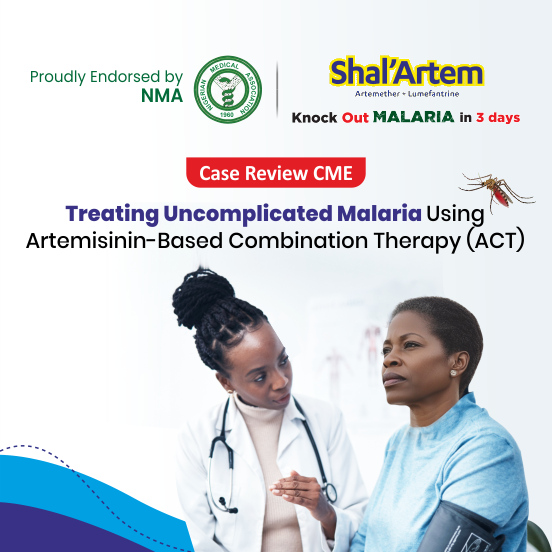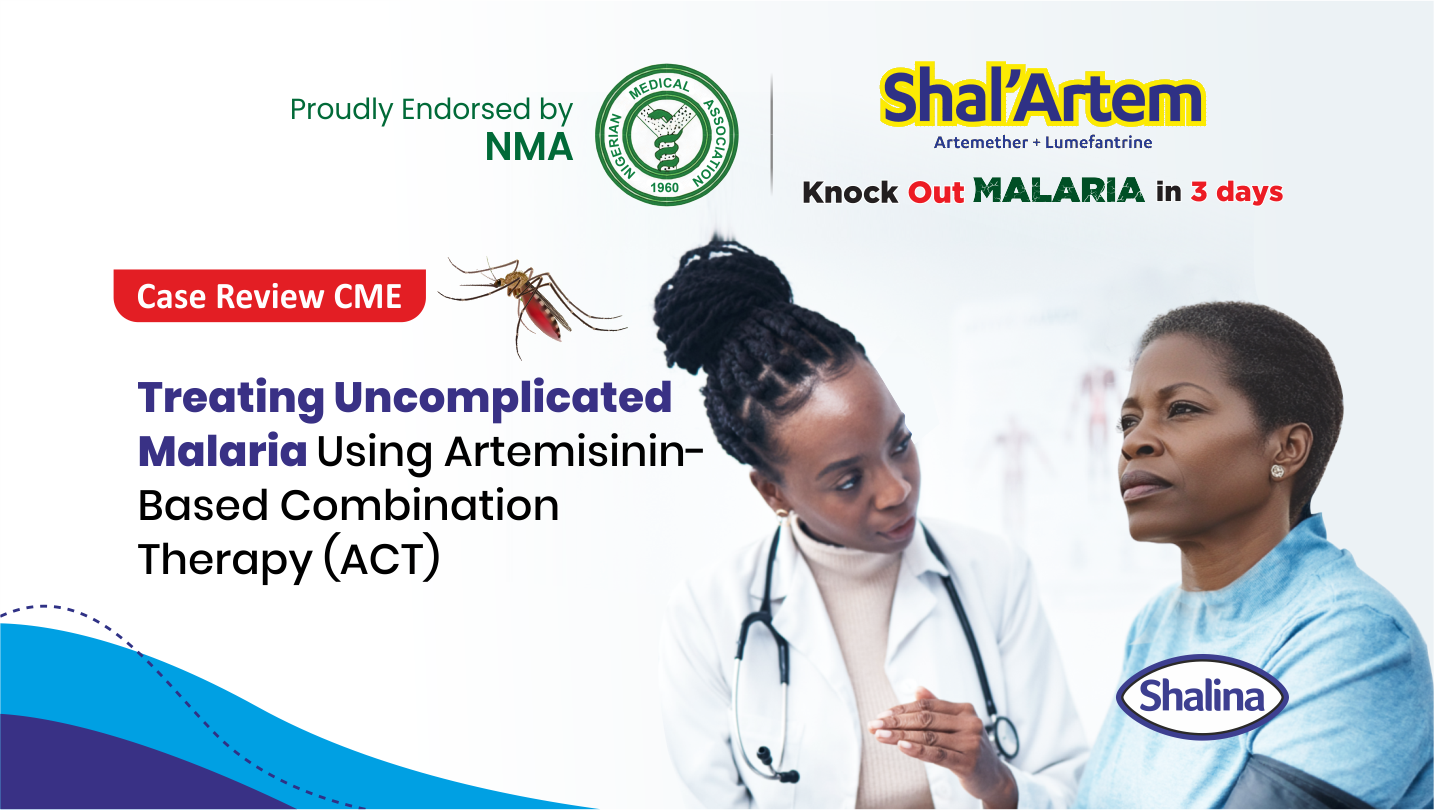Description
Explore this case of uncomplicated malaria in a female patient presenting with cyclic fever, chills, and headache for over three days. Laboratory tests confirmed Plasmodium falciparum infection, and she was treated with a six-dose regimen of an artemisinin-based combination therapy (ACT) in line with WHO guidelines. The therapy has a proven cure rate exceeding 95% in uncomplicated malaria and has been found to be well tolerated and highly effective, as supported by clinical studies in Africa. Discover which ACT was used and learn more about the treatment outcomes in the full case review CME.

